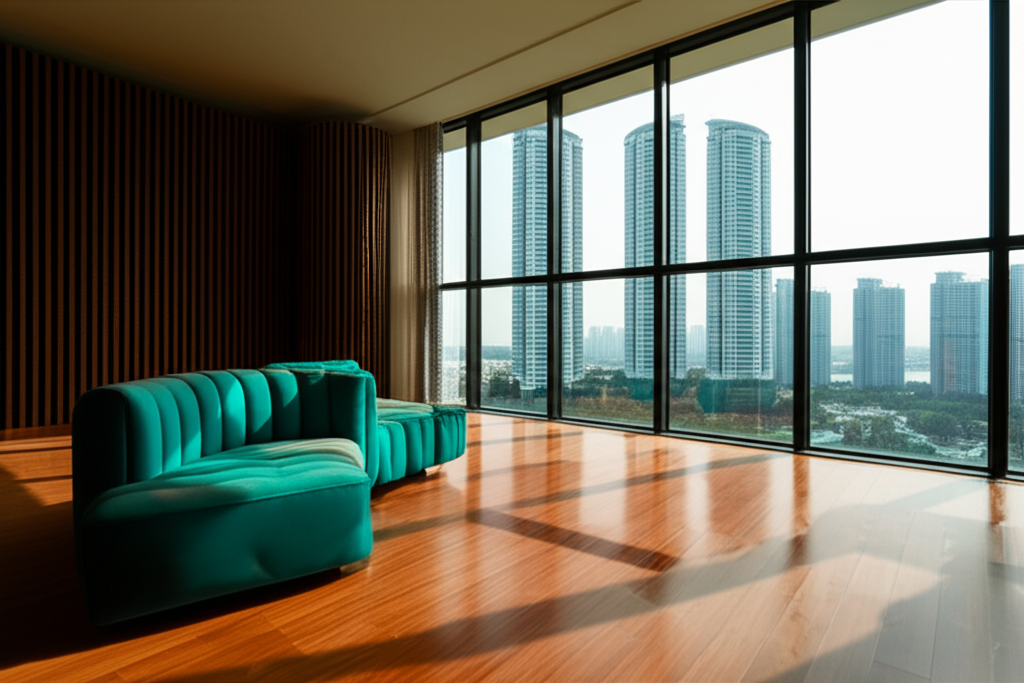
The sprawling towers of Forest City rise like a mirage from Malaysia’s southern coast—a $100 billion vision of luxury living that now stands eerily empty. Designed to house nearly a million residents, this Chinese-backed megaproject has instead become a cautionary tale of overambition, financial turmoil, and unmet promises.
Conceived under China’s Belt and Road Initiative, Forest City was marketed as an eco-friendly utopia, complete with high-end amenities and duty-free shopping. Yet today, only a fraction of its planned units are occupied, leaving vast stretches of the development deserted. Former resident Nazmi Hanafiah describes it as a “ghost town,” recalling his hasty departure after just six months. “There’s nothing here,” he says. “Just silence and empty corridors.”
The project’s struggles mirror China’s broader property crisis, where developers like Country Garden—once a symbol of unstoppable growth—now grapple with crushing debt. Originally targeting affluent Chinese buyers seeking overseas investments, Forest City’s remote location and high prices deterred local Malaysians. Political hurdles, including visa restrictions under former Prime Minister Mahathir Mohamad, further complicated sales. Meanwhile, China’s domestic crackdown on speculative real estate left developers scrambling for funding.
Despite assurances from Country Garden that the project remains “safe and stable,” the reality on the ground tells a different story. Abandoned storefronts, unfinished construction, and darkened apartment blocks paint a bleak picture. Some Chinese buyers, lured by glossy promotional materials, now express regret on social media, lamenting plummeting property values and the lack of basic infrastructure.